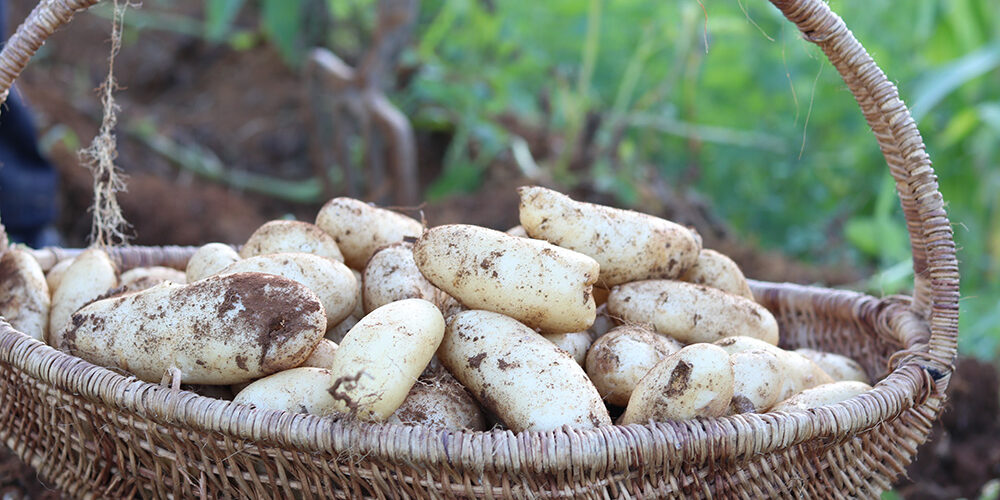TOURING THE PLANT SECTION OF THE FARM
Welcome to our farm tour! This tour gives you the opportunity to experience what life on a farm feels like. The farm which we have selected for the tour is divided into two sections – the animal and plant sections. In this article, we’ll be showing you some of the interesting things to look out for when you visit the plant section of the farm. Here are some features of the farm’s plant section:
- Organic Vegetable Garden
An organic vegetable garden is a type of garden where vegetables and plants are grown without the use of artificial fertilizers or chemicals. This simply means that, all the plants in the garden are grown naturally and only depend on natural nutrients for their nutrition and growth. Vegetables gotten from organic gardens are good for your health because they are 100% natural and contain all the necessary nutrients that your body needs.
Due to the increasing demand for organic foods, lots of people are planting organic vegetable gardens. However, there are few important factors that must be considered before an organic vegetable garden is cultivated. They include:
- Soil: Since no chemicals or artificial fertilizers will be added to support the growth and nutrition of the vegetables and plants, the organic garden needs to cited in a place with very fertile soil. Before the planting begins, the soil needs to be tilled, to loosen it. After tilling, organic fertilizers or compost manure can be added to the soil, to enhance its performance.
Note: It’s important to avoid artificial fertilizers, as using them will defeat the purpose of the garden.
- Location: The location of an organic garden is very important; it largely determines how well the plants in the garden will do. For example, vegetables need a lot of sunlight to produce their own food (photosynthesis) and grow, so planting them in an area without sunlight would affect them negatively.
- Vegetable Type: There are different kinds of vegetables out there, but not all are suitable for an organic vegetable garden. While some vegetables are prone to pest attacks and diseases, some others are disease-resistant and can do well even with low-maintenance. Organic vegetable farmers usually avoid the former and go for the latter. Here’s why: The main goal for planting an organic garden is to grow vegetables without the use of chemicals. So while planting, it’s important to avoid vegetable seeds that’ll require pesticide treatment in the future.
- Planting Technique: Most vegetable seeds come with planting instructions, boldly written on their packages. Vegetables like that require special care, and the instructions must be followed for them to thrive. Depending on the type of vegetable, the seeds can either be planted in a pot and later transferred to the soil or planted directly in the ground.
- Watering: Different vegetables need different amounts of water to survive. While some need to stay moist for most part of the day, others just need a little water for their survival. During watering, the vegetable leaves are avoided, because wet leaves attracts pets – it’s better to water the roots.




